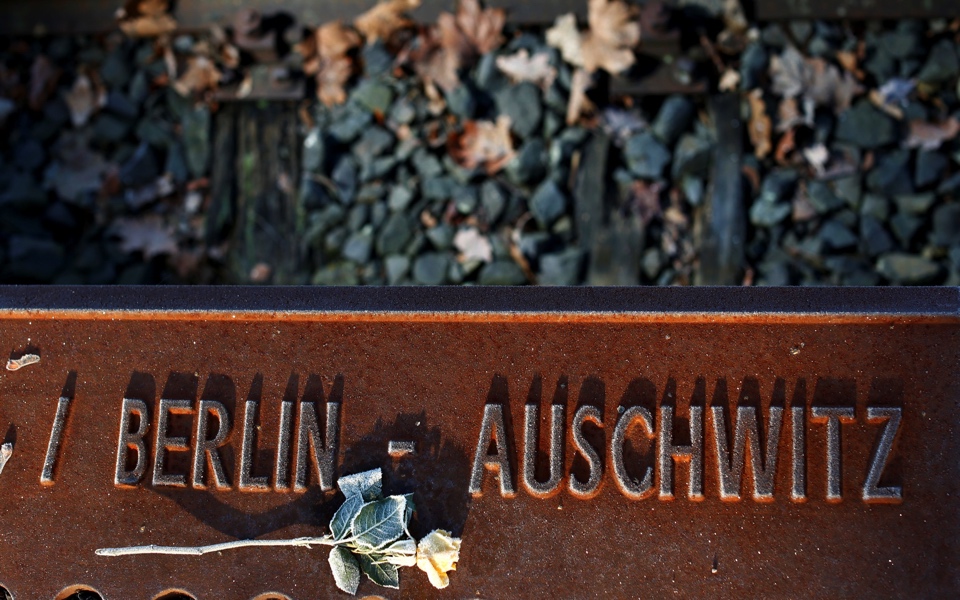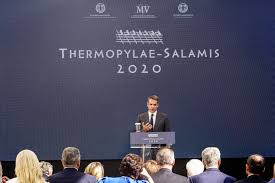Remembering those who were slaughtered at Auschwitz

January 27 is International Holocaust Remembrance Day, which commemorates the extermination of some 6 million Jews by the Nazi regime. This year's anniversary is doubly important from a historical standpoint as it coincides with the 75-year anniversary of the liberation of Auschwitz, the site of the martyrdom and sacrifice of 1.1 million people, among whom were some 55,000 Greek Jews.
During a recent visit to Auschwitz I saw signs of the Nazi atrocities, the monstrous footprint of horror. I saw the depths man can sink to and was frightened. This is why the memory of this horror needs to be kept alive amid the obliviousness of time.
International Holocaust Remembrance Day is not just a ritualistic and historic occasion; it also needs to be treated as a deeply political and educational process: political, for the ceaseless battle we need to wage against racism, intolerance, segregation, intimidation and xenophobia.
We cannot allow the ghosts of Nazism to reappear in the country's social and political spheres. We must not tolerate efforts to acquit the neo-Nazi Golden Dawn party. Educational, because we cannot allow the world around us to become passive and torpid. There is no room for complacency; we need vigilance at all times.
Our country has paid a heavy toll in blood. The proportion of Greek Jews who were exterminated, estimated at 83-86 percent, may be the highest in Western Europe. This is especially why we need to show the greatest resistance to any attempts of Holocaust denial. In this context, Prime Minister Kyriakos Mitsotakis made Greece the first country to adopt a working definition of this from the International Holocaust Remembrance Alliance (IHRA), of which the country is a member.
We are sending the message that anti-Semitism is not tolerated in Greece, neither legally nor practically. At the same time, the Greek-Israeli friendship is no longer disputed. We are building a strategic relationship with the country that serves as a national haven for the world's Jews.
In Greece, we want to keep the memory alive, out of respect for the victims of the victims of the Holocaust and as a lesson for the future. Never again!
Miltiadis Varvitsiotis is Greece's alternate minister of foreign affairs for European affairs.





